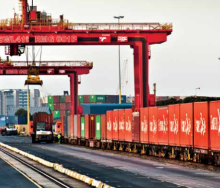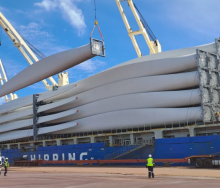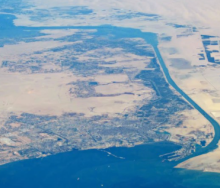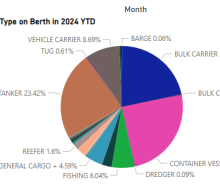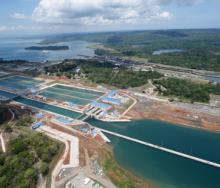Malawi has launched a large-scale crop production initiative known as “mega-farms,” aimed at boosting the country’s agricultural economy and helping to end persistent food shortages.
Despite various efforts to boost agricultural production, including the Targeted Inputs Program, in which farmers buy seed and fertiliser at lower prices, Malawi has had to deal with persistent food insecurity.
According to a report last month from the Famine Early Warning Systems Network, 4.4 million Malawians, representing 22% of the country’s population, are facing food shortages.
The situation is also expected to worsen from October to March 2024.
Speaking during the launch of a mega-farm in the north over the weekend, President Lazarus Chakwera said the program aimed to improve the country’s foreign exchange reserves and make Malawi food sufficient.
“This approach is a game changer for our economy as a whole because most of our forex revenue comes from farming.
“Given forex challenges we have faced in the recent past as a consequence of debt, it is clear that our long-term solution has to involve boosting and intensifying agriculture productivity for exports,” he said.
Minister of Trade and Industry, Simplex Chithyola Banda, said in June of this year, the Malawi government agreed with a foreign bank to build industrial parks in the capital, Lilongwe, and the commercial capital, Blantyre.
“The aim of these industrial parks is to engage in agro-processing and value addition. What it means, therefore, is that mega-farms already have the markets to offtake their produce, and this will spell the boom of economic growth in this country,” said Banda.
Executive director of the Farmers Union of Malawi, Jacob Nyirongo, said he hopes the mega-farm program will help solve challenges facing small-scale farmers, like access to markets.
William Chanza, executive director of an independent agricultural policy think tank in Malawi, MwAPATA (Malawi Agricultural Policy Advancement and Transformation Agenda), said authorities should make more room for private investors to make the mega-farm model sustainable.

